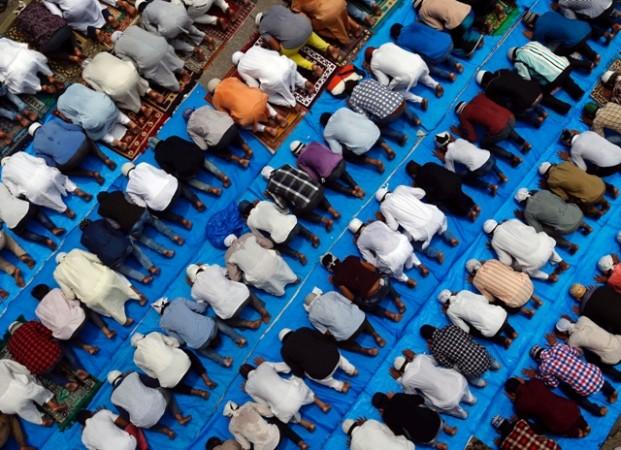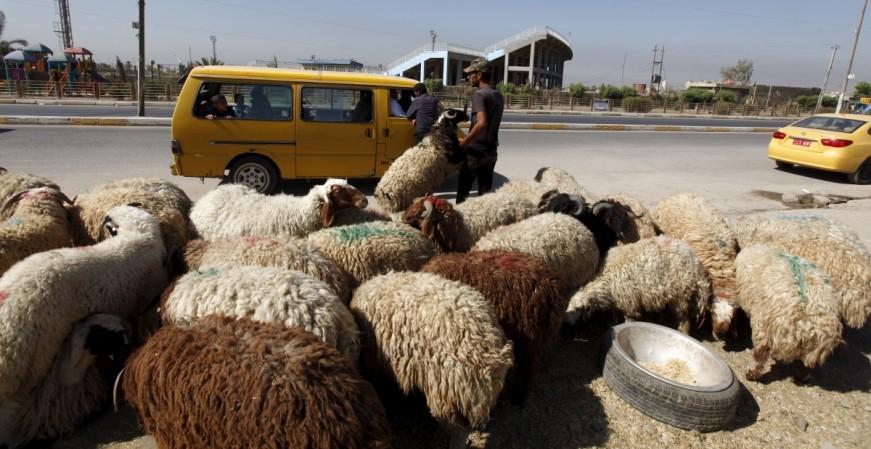Following the celebrations of Eid al-Fitr in June, Muslims around the world are gearing up to celebrate another significant festival in Islam. Eid al-Adha date was confirmed in India and around the world after the Dhul-Hijjah crescent was sighted on Tuesday.
Unlike Eid al-Fitr, Eid al-Adha is not celebrated on the day of the crescent sighting. The festival of sacrifice falls on the 10th day of Dhul-Hijjah – the final month of the Islamic calendar when Muslims around the world embark their Hajj pilgrimages.

The Saudi Supreme Court announced Eid al-Adha to be celebrated on September 1. Due to different time zones, Muslims in India, Pakistan and other neighbouring countries will celebrate the festival on Saturday, September 2, 2017.
What is Eid al-Adha?
Eid al-Adha is also known as Greater Eid. The translation to Eid al-Adha is "festival of the sacrifice" or "feast of sacrifice," where Muslims around the world on this day, sacrifice livestock to honour Prophet Ibrahim's willingness to sacrifice his son Ismail (known as Isaac to Jews and Christians).
Eid al-Adha also marks the end of Hajj for the pilgrims.
How is Eid al-Adha celebrated?
Eid al-Adha's celebration is different from Eid al-Fitr. But the morning prayers are similar in both festivals. Eid al-Adha begins with morning prayers where Muslims gather in open grounds and recite special Eid prayers.

While in Eid al-Fitr, Muslims engage in celebrations, Eid al-Adha is the day of sacrifice where worshippers sacrifice a sheep, goat, cow or a camel as a part of the festivities. The meat from the sacrificed animal is then distributed to the poor, friends and family while one-third of it is permitted to be consumed by the family that sacrificed the animal.
Why do Muslims sacrifice animals during Eid al-Adha?
Ibrahim's submission to God's command to sacrifice his own son was so dear that the act of sacrifice was mandated on all Muslims performing Hajj. Just when Ibrahim was about to sacrifice his son, God ordered to kill an animal instead. This tradition is being followed even today to keep the spirit of sacrifice alive.

Any Muslim not performing Hajj but can afford a livestock must sacrifice an animal during the first three days of Eid al-Adha. The sacrifice of Muslims in the form of an animal is believed to be rewarded handsomely by Allah.
Is Eid al-Adha celebration in India any different?
The rule of sacrificing is the same across the world. The choice of livestock, however, differs from country-to-country. In India, sheep, lambs, cows and camels are pretty common for sacrificial rituals. But due to legal restraints on sacrificing cows, a majority of the states in the country do not permit sacrificing the bovine.
The rest of the rituals for Eid al-Adha in India are same as in any other country.

















